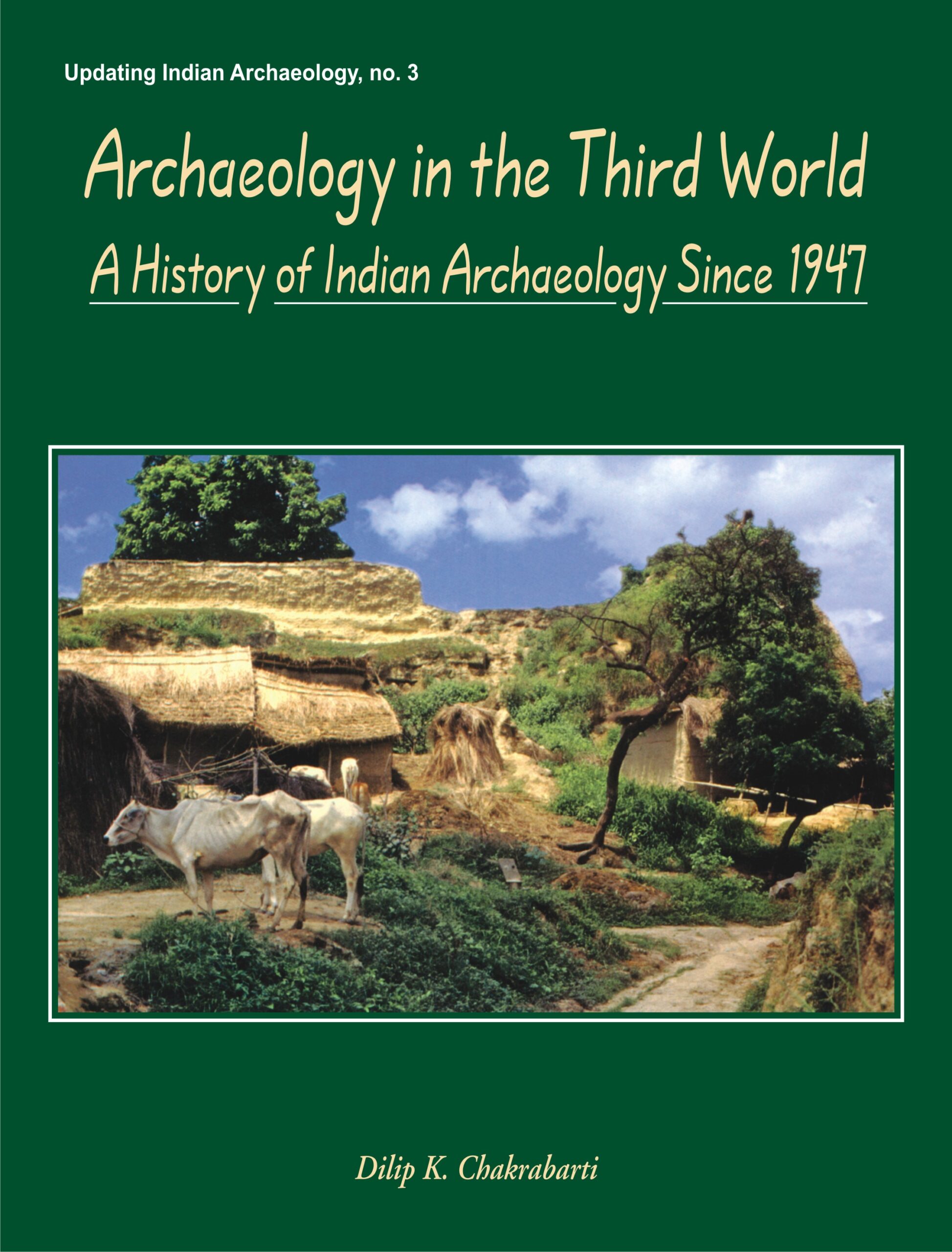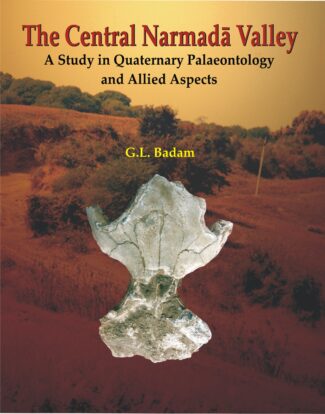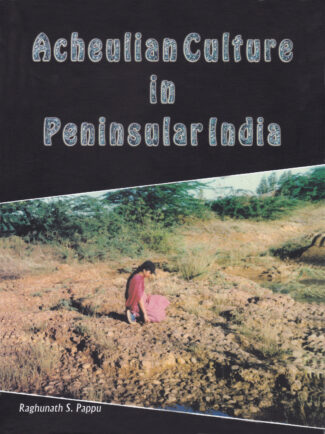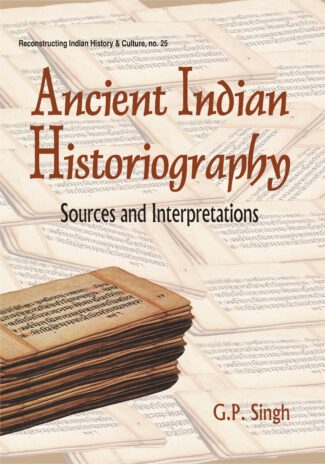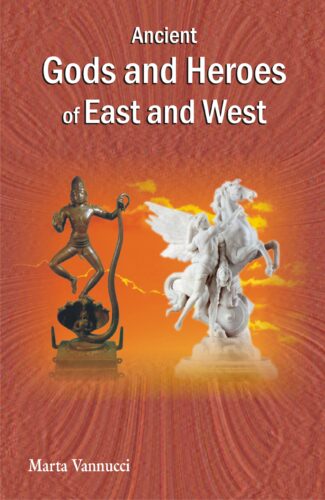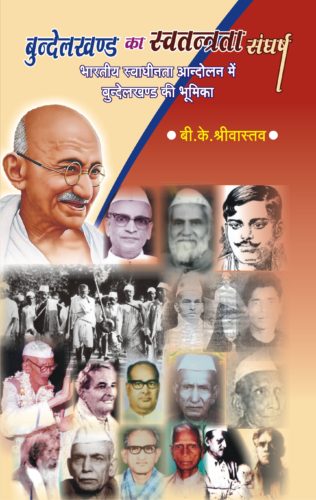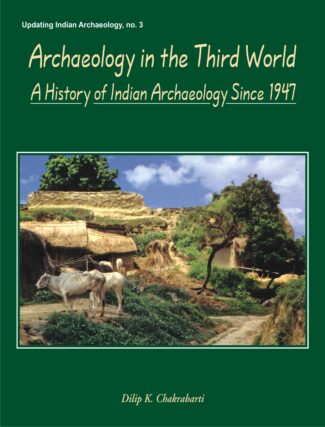

Archaeology in the T...
Archaeology in the Third World
A History of Indian Archaeology Since 1947 by: Dilip K. ChakrabartiThe work studies the evolution of archaeological research in post-independence India: from the new dimensions added to the ancient Indian past by archaeological research in the initial phase to the present era when the national archaeological policy seems to have lost its direction. It highlights the mileposts in its course of development and explores the traits of third world archaeology.
Original price was: ₹1,100.00.₹990.00Current price is: ₹990.00.
ISBN: 9788124602171
Year Of Publication: 2012
Edition: 2nd
Pages : x, 281
Bibliographic Details : Appendix ; Bibliography; Index
Language : English
Binding : Hardcover
Publisher: D.K. Printworld Pvt. Ltd.
Size: 25 cm
Weight: 900
This book offers an authoritative historical frame of archaeological research in post-Independence India. It outlines the early evolution of the new Indias archaeological policy and the wide range of discoveries, which accompanied it. It shows how in the first flush of Independence archaeological research added new depths and dimensions to the ancient Indian past. It also looks closely at the tangled web of ideas behind this research, highlighting the major mile-posts in its story of development. At the same time it demonstrates with unerring clarity how the national archaeological policy of the 1950s and the 1960s has currently lost its direction. This is accompanied by an incisive analysis of different aspects of Indian heritage management, including the impact of religious fundamentalism, the looting of antiquities and the place of archaeology in Indian education. Finally, there is a detailed discussion on the scope of nationalist archaeology in India. One of the core arguments of the book is that the developments and features of post-Independence Indian archaeology may be representative of the archaeological scenario of the Third World as a whole. In fact, this is the first book to set down clearly the basic traits of Third World Archaeology and argue for its acceptance as a separate conceptual area in mainstream archaeology.
Preface
1. The Quest for New Horizons, 1947-73
The Beginning, 1947-52
Ancient India 9 (1953)
The Period from 1954 to 1965
The Period from 1966-73
Concluding Remarks on Indian Archaeology, 1947-73
2. New Issues and Perspectives: 1974 to the Present
The Year 1974
The Period from 1975 to 1981
The Year 1982
The Period from 1983 to 1989
The Period from 1990 to 2000
An Overview of the State of Publications of Excavation Reports in Indian Archaeology
Concluding Remarks
3. Archaeological Heritage Management, Education and Nationalism
Introduction
Preservation of Archaeological Heritage
The Ground Realities of Indian Archaeological Heritage Preservation
Archaeology in Indian Education
Nationalism
Concluding Remarks
4. Religious Fundamentalism, Archaeology and the Problem of the Preservation of Archaeological Heritage in Modern India
Introduction
The Case of the Bamiyan Buddhas
The Ayodhya Incident
The Aryans
Monuments and Religious Groups
Concluding Remarks
5. The Common Denominators of Third World Archaeology: India as an Example
Defining the Third World
The Scope of the Present Chapter
The Common Denominators of Third World Archaeology
Discussion
Bibliography
Index
Appendix: Towards a Nationalist Archaeology of India
Introduction : Comments on the Theme of Nationalism and Archaeology in Archaeological Literature
The Unacceptability of the Current Concept of the Ancient Indian Past
The Marginal Position of Archaeology in the Indian Nationalist Tradition: A Case-Study of Bengal
Some Ingredients of a Nationalist Indian Archaeology
References


